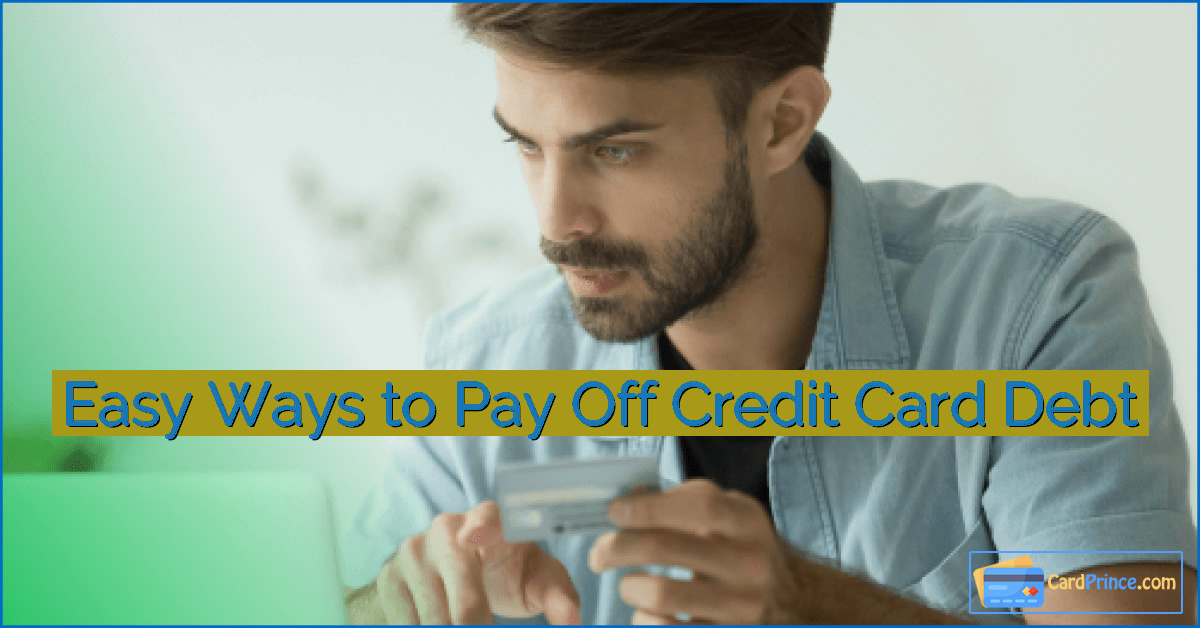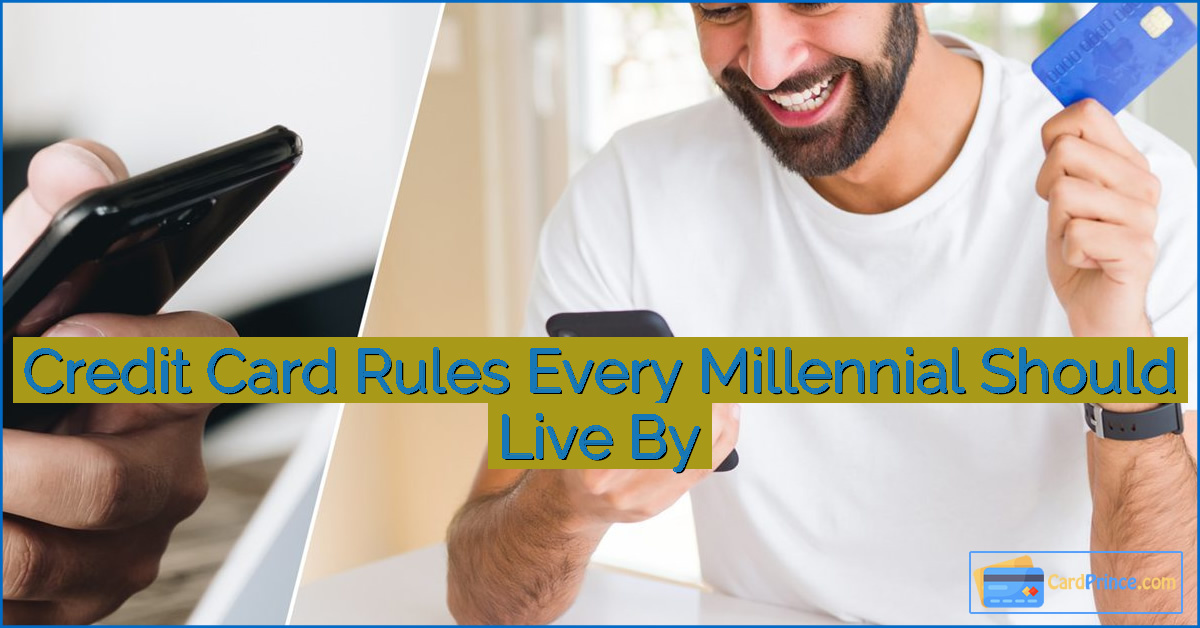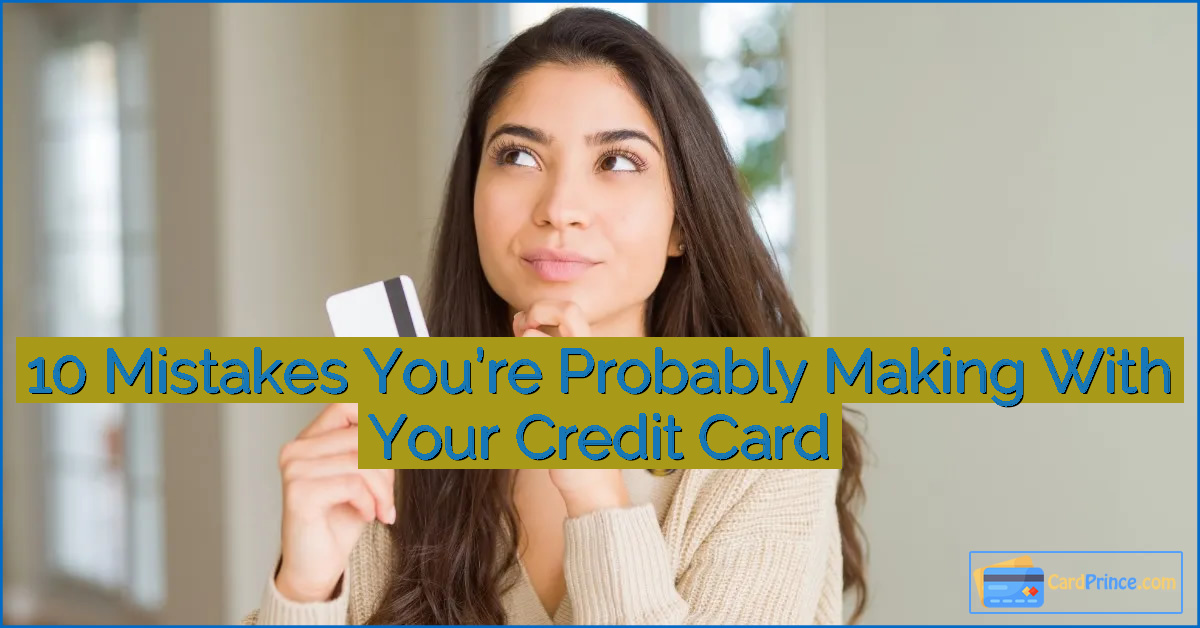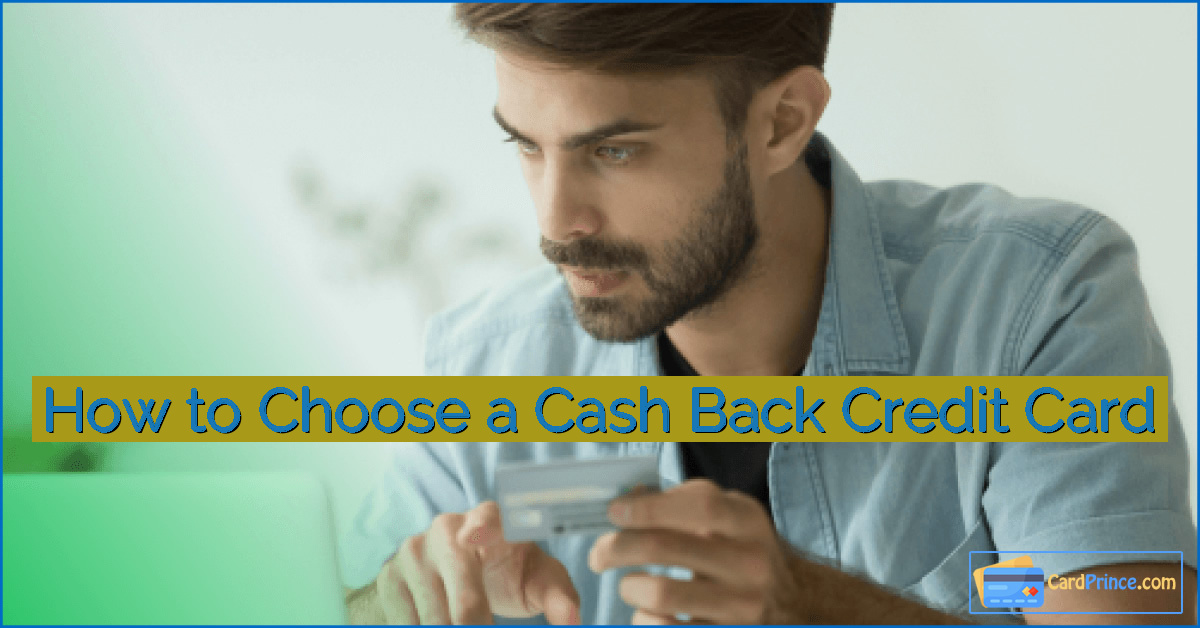Just a few weeks ago, my husband, Kevin and I were in over $25,000 in credit card debt. No our cards weren’t maxed out, not a single one was. But they were close to their limits. We knew that we had to get rid of our credit card debt or get it under control FAST in order to apply for a mortgage loan. Read on for 3 easy ways to pay off credit card debt!
Are you buried under a mountain of credit card debt? If so, you’re not alone. One recent report says American households have an average of $16,425 in credit card debt, and pay an average interest rate of 18.76% annually.
Plug those numbers into a credit card minimum payment calculator and you get some really depressing news. With minimum payments of 3% it would take you 24 years to get to zero, and you’d pay $17,541 in interest alone.
Who wants any debt hanging over their head for 24 years? Clearly paying the minimum allowed is not a good way to knock down those balances.
Fortunately there are many better ways to pay off credit card debt quickly. Here are some of the best strategies.
1. Split Your Payments
You’ll reduce your balance faster if you send in a partial payment halfway through the month and then pay again on the due date. This is true even if you pay the same total amount each month.
Why? Because making payments mid-month (or every week if you’re real ambitious) reduces your average daily balance, which is what determines your interest charges.
So, for example, if you can afford to pay $300 on a card each month, pay $150 twice — and the sooner you make the first payment the better.
Making two payments won’t dramatically reduce interest charges, but I wanted to start this article with a strategy you probably haven’t used. You’ll find more below, following a few traditional approaches…
2. Budget More for Debt Repayment
The most obvious way to reduce your debt load is to put more money toward that goal. If you haven’t budgeted for debt repayment, do so.
If you already set aside a certain amount for this goal, increase it. You’ll find ways to make it work, starting with the next strategy…
Related:25+ Survey Sites That Will Earn You $600/Month or More
3. Allocate Expense Money Toward Debts
Let’s assume that after you pay all your bills (including minimum credit card payments) you have nothing extra to apply toward debt. How do you make progress?
Reduce your expenses and allocate the money freed up toward paying off those credit card balances.
For example, let’s say you find ways to knock $30 per month off your utility bills (change the thermostat setting, turn off lights, let the grass die of thirst, etc.). That’s $30 more you can apply to your debt each month.
And you don’t have to sacrifice all your fun and comfort. For example, instead of eliminating restaurant meals; just use our tricks to save money eating out to cut the cost. And maybe replace an expensive hobby with one of the many free hobbies that’s just as fun.
Another example: Replace $100-per-month cable television with $10-per-month streaming Netflix. That one move lets you knock an additional $1,080 off your debts each year.
Every time you find a way to reduce any regular expenditure, use the money saved to increase your debt repayment budget.
4. Use Emergency Money
If you have an emergency fund, you can use all or part of it to repay debts. If you regularly add to your emergency savings, you can use all or part of that money toward debts instead.
This is a tough call, because it’s good to have emergency resources. On the other hand, most emergencies do not require cash, so if you have one you can cover it with those credit cards.
Even if that does happen at some point, in the meantime you saved money on interest charges by temporarily reducing those balances.
Of course, once your debt is paid, you can replenish that emergency fund very quickly with the money that had been going toward paying down those credit card balances.
5. Create New Income to Pay Down Debts Faster
There’s only so much money you can free up from your existing income to pay off those debts. So why not find some ways to make money and use all of that new income to really speed up the process?
For example, if you worked two extra days per month, and collected overtime pay, you might make thousands of dollars more annually. Use all of that extra income to pay down debts.
And there are other ways to generate new income without working so hard.
For example, if you work in a tipped position, using our strategies to increase tips might add an extra $40 weekly to your pay without adding work hours. That’s $2,080 annually.
Or create a stream of passive income that will be devoted to debt repayment.
Or rent out a room in your home to generate an extra $5,000 annually. That could put a dent in your debt quickly.
6. Apply “Found” Money To Your Debts
If you get a big tax refund, a cash gift from a parent, or a big slot machine payout, you might want to have a party or take a vacation.
But you’ll enjoy those activities so much more when you’re debt-free, so just put any “found” money toward those credit card balances.
Related:11 Apps like Ibotta That Pay You To Scan Receipts
7. Sell Your Stuff
One of the first things you do should be to sell anything you don’t need and use the money to pay off your debts. After all, if you do it now instead of a year from now you’ll save a year’s worth of interest on whatever amount you raise.
Use Craigslist to sell large items for top dollar. Have a rummage sale to sell the rest, and ask family and friends to contribute their extra stuff to your sale just to help you out.
8. Pay Highest-Interest Debt First
If you owe money on several credit cards pay the minimum on all except the one with the highest interest rate. Allocate as much as possible to paying off that high-rate card. Once it’s paid off focus on the next card with the highest rate, and so on.
Paying your card balances this way ensures you’ll pay the least amount of interest. With more money going to the balance owed, and less going to interest, you’ll be debt-free sooner.
A possible exception to this rule is when all of your cards have balances. In that case, if one of them has a small balance, pay it off first. That will now be your “PIF card,” which is explained in the next strategy…
9. Use a PIF Card to Avoid Interest Charges
When you pay for something with a card that has a balance from month-to-month, interest charges start immediately. If you use a card that was paid off at the time of the last statement due date, and you pay it off again when due, there are no interest charges.
So here’s the strategy: Designate a card you’ll pay off monthly, what I call a “PIF card” (paid in full card). Use that to pay for everything up to the amount you can still pay when due, and then use another card if necessary.
In this way you avoid interest charges on all of your ordinary purchases (anything bought with the other cards would incur interest charges). You can apply the money saved toward paying off the other cards.
The best PIF card is one that earns cash back, since you can also apply that rebated money toward your debts.
10. Stop Using Your Cards
Should you adopt and “all cash” strategy to keep out of further trouble? That depends.
Maybe you normally handle credit well, but you incurred your debt because of a sudden illness or job loss. In that case, using reward credit cards makes sense because the cash back you earn will help pay off those balances.
But for most people, credit card debt is at least partly a matter of behavior, in which case putting away those cards is a good idea.
However, closing accounts can hurt your credit score, so stash the cards on a high shelf or cut them up, but don’t cancel them. After they’re paid off you may want to charge something on them once per year to keep them from being closed due to inactivity.
11. Request Lower Interest Rates
Credit card companies will sometimes lower your interest rate if you ask the right way. There is a script on CreditCards.com that can help you.
If you’re successful in your attempt you can save hundreds of dollars in interest annually. More of each payment will go to eliminating your debts, speeding up the process.
12. Move Your Debt to Better Cards
Moving your debt to cards with lower interest rates can help you pay down balances faster, especially if there is no fee to do so. At any given time there are usually a few cards that offer zero-cost balance transfers.
For example, as I write this Chase Slate offers no-fee balance transfers and 15 months at 0% interest. It you transferred a $5,000 balance to that card from one that’s charging you 18% interest, you would save hundreds of dollars in interest in the first year.
Even if you don’t qualify for a card that offers no-fee transfers or 0% interest, you might be able to use the convenience checks you get from your current card issuers.
For example, I recently received checks that offered a 1% fee and 3% interest for 18 months. Taking advantage of an offer like that would still save you money on interest,
Be careful, however, since many of these offers include high interest rates that kick in after the initial promotional term.
This strategy works best if you plan to pay off the balance before that time, or when you know you’ll be able to use another balance transfer when the time comes.
Related: 50 Legit Ways To Make Money From Home
13. Get a Debt Consolidation Loan
Does it make sense to consolidate all of your debts into one? That depends on how you do it, because there are problems with using debt consolidation loans.
One of the biggest problems is that some loans will simply stretch out your debt to lower the payments. This may make the monthly payment easier to handle, but even with a lower interest rate you might pay more in interest because you pay for a longer period.
On the other hand, a consolidation loan makes sense if…
- The loan fees are low (otherwise you’re adding too much to your debt).
- The interest rate is substantially lower than the average of your current debts.
- You have a definite plan to pay off the loan as quickly as possible.
14. Get Your Debts Reduced
If you can raise enough cash credit card companies will sometimes discount your balance owed as long as you pay in full. Generally they have to believe they’re better off taking a reduced payoff rather than gambling on collecting all future payments.
That means this works best when you’re in deep trouble and have already been late on payments.
Read up on the process before you try, and get the agreement in writing so it’s clear that nothing more is owed. You need them to forgive the debt, not write it off as uncollectible (in which case they could sell it to a company that might try to collect later).
You should also know that forgiven debt is usually taxable as income. So, for example, if your card issuer agrees to take $3,000 as payment-in-full on a $5,000 balance, you will probably have to pay tax on the $2,000 that was forgiven.
15. Attack the Debt From Every Angle
Sure, you could use one of these strategies to pay off your credit card debt more quickly. But why stop with one or even two strategies? Why not use as many of them as you can to really speed up the process?
For example, imagine if you…
- Sell everything you don’t need and put the money toward your debts.
- Use your tax refund to pay off your highest-interest credit card.
- Reduce expenses and apply the money saved toward debts.
- Work an extra day each month and use those earnings for debt payments.
- Convince one credit card issuer to lower your interest rate.
- Find one more source of income and use it for debt repayment.
Just think how fast those debts will be paid if you can do all of these things.
And remember that every time a card is paid off the money that was going toward that one can now be applied to the next. This is the “snowball effect” of serious debt reduction efforts. Do everything you can to get the ball rolling and you’ll be debt-free sooner than you think.
Consider Shannon Clark’s story. With a low income, one child, and another on the way, she figured it would take a decade or more to pay off what she and her husband owed. But by doing everything possible they paid off $22,000 in debt in just 9 months.
Let’s start with the easiest way to pay down your credit card balances.
Add a few bucks extra to your minimum payment!
You’re probably wondering why I said this first… well that’s because it is by far the easiest thing to do to lower your balances. It may take a while, but it can shave YEARS off how long it will take for you to pay back your debt. PLUS…. It saves you money because you aren’t wasting money on INTEREST!
This is a screenshot for one of my December 2015 Credit Card statements. You can see that I had a $1,910 balance.
In this screen shot it shows you that if I would have only paid the Minimum Payment it would have taken me 11 YEARS to pay off that $1,910. PLUS I would have ended up paying at least $4,401 with all the interest included. Even before December 2015, I was paying at least twice on this card. Two times the minimum payment. So about $100 or so a month. But I used the card to buy my kids a new computer for Christmas. Sometime in December, Kevin and I had a heart to heart about our credit card debt. None of it was behind, but I felt like we were suffocating ourselves with the total amount between all of our cards.
So we made a decision to start putting an extra $500 a month towards our highest interest rate card (that would be the account I just showed the screenshot for above). Because of his new job and the increase in pay. Right off the bat, he was making 2.5 times what he made at his previous job. So we have been used to living off of next to nothing. Well we buckled down and paid off $1,500 on that card in just two months. I still have a small balance of around $170 to pay off in the month of April and that card will not be used unless of an emergency.
Now I know a lot of people that cannot afford to drop $500 a month or more on credit card debt. So put as much as you can squeeze out of your “budget” towards paying down your credit card debt. This will also help increase your credit score over time. In just about 3 months, my score went up around 66 points putting me into the “VERY GOOD” Credit rating on Experian’s website.
So putting extra money towards your minimum payment is step #1!
Get a Debt Consolidation/Personal Loan
Now this is something Kevin and I didn’t do. We used our 2015 tax return to pay off a TON of debt (more than $14,000). But when you get a debt consolidation loan, you’re getting one interest rate and only have to make one payment, not many. Plus your revolving debt will be gone and replaced with installment debt. Which basically means that you’re going to have a fixed payment. Your rates can fluctuate with a credit card regardless of your credit scores.
By having a fixed rate you’ll be able to save money on interest. So that means more money will go in your pockets than if you were to pay your cards off slowly over time. Such a win-win, in my opinion.
Take up a Second Job or Find a way to make or save money from home.
If you don’t have the time for a second job (Kevin can’t work a second job because of his travel), then find a way to make money from home or see if you can pick up some extra shifts/hours at work.
If you’re a stay-at-home mom like myself, than I suggest things like selling your crafts on Etsy/eBay, write an e-book and sell it on Kindle Direct Publishing (I’m doing this right now), sell baked goods, go flip thrift store finds on ebay or Etsy; if they are vintage. Refinish furniture, start a pet sitting service. Basically, find something you can do from home that will help you earn a few extra bucks to put towards your credit card payments like listed above.
Clip coupons. By clipping coupons and stacking them with sales, you can get great deals and save tons of money to put towards your debts!
We’re still working towards paying off the last $10,500 of our credit card debt. We’ll get there. Hopefully before the end of 2016. But very soon we won’t be able to dedicate $500 a month paying it all off. Because we’re hopefully going to be homeowners this summer. We’ve already got our pre-approval and are hunting for a home. So keep looking for updates and ideas on how to get rid of your pesky credit card debt.
You could apply two of these tips to towards any type of debt such as car payments, mortgage payments (we’ll be dedicating extra money to our mortgage as soon as we close on a house), etc. Keep an eye out for posts about paying down a mortgage in a shorter period of time than 30 years.
Thanks for stopping by to check out my blog! I really hope that you enjoyed my 3 Easy Ways to Pay off Credit Card Debt tips. If you did, I hope to see you back soon!
Don’t forget to follow me on our social media accounts.
If you’ve paid off your credit card debts, please share your story below… and keep on frugaling!




Leave a Reply